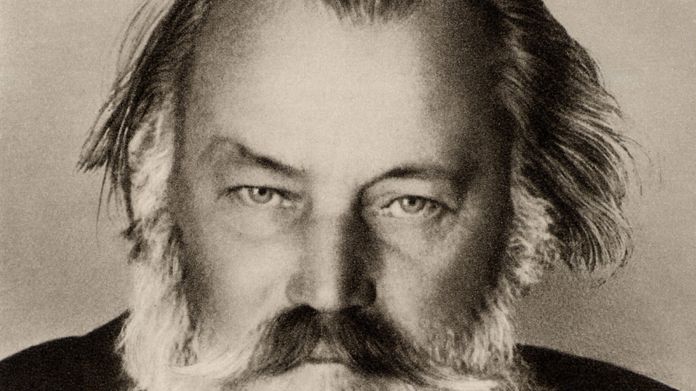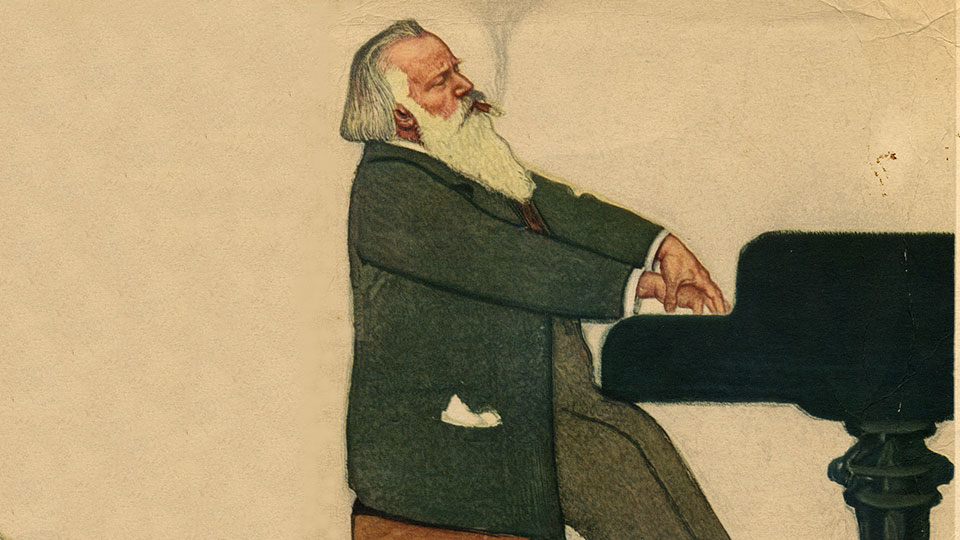
Brahms – Symphony No. 3
Johannes Brahms’ Symphony No. 3 in F major, Op. 90 is a towering achievement of 19th-century music—introspective, lyrical, and deeply personal. Composed in the summer[…]

Brahms – Piano Quintet
Johannes Brahms’ Piano Quintet in F Minor, Op. 34 stands as one of the most powerful and dramatic works in the chamber music repertoire. Composed[…]

Brahms – Piano Concerto No. 1
Johannes Brahms’s Piano Concerto No. 1 in D minor, Op. 15, is a towering masterpiece that showcases not only the composer’s early genius but also[…]

Brahms – Variations on a Theme by Haydn
Johannes Brahms, one of the most revered composers of the Romantic era, created a rich and compelling piece in 1873 titled Variations on a Theme[…]

Brahms – Symphony No. 4
Johannes Brahms’ Symphony No. 4 in E minor, Op. 98 stands as one of the most profound and masterful orchestral works of the Romantic era.[…]

Brahms – Wiegenlied
Few melodies are as universally recognized and cherished as Johannes Brahms’ Wiegenlied, commonly known as Brahms’ Lullaby. This timeless piece has soothed countless children to[…]

Brahms – Violin Concerto
Johannes Brahms’ Violin Concerto in D major, Op. 77 is one of the most celebrated violin concertos in the classical repertoire. Written in 1878, this[…]

Brahms – German Requiem
Johannes Brahms’ Ein Deutsches Requiem (A German Requiem) stands as one of the most profound choral works in classical music history. Unlike traditional Latin requiems,[…]

Brahms – Academic Festival Overture
Johannes Brahms, one of the most celebrated composers of the Romantic era, composed the Academic Festival Overture, Op. 80, in 1880 as a tribute to[…]

Brahms – Hungarian Dances
Johannes Brahms’ Hungarian Dances (Ungarische Tänze) stand among the most famous and beloved works in the classical repertoire. Composed between 1858 and 1869, these lively[…]